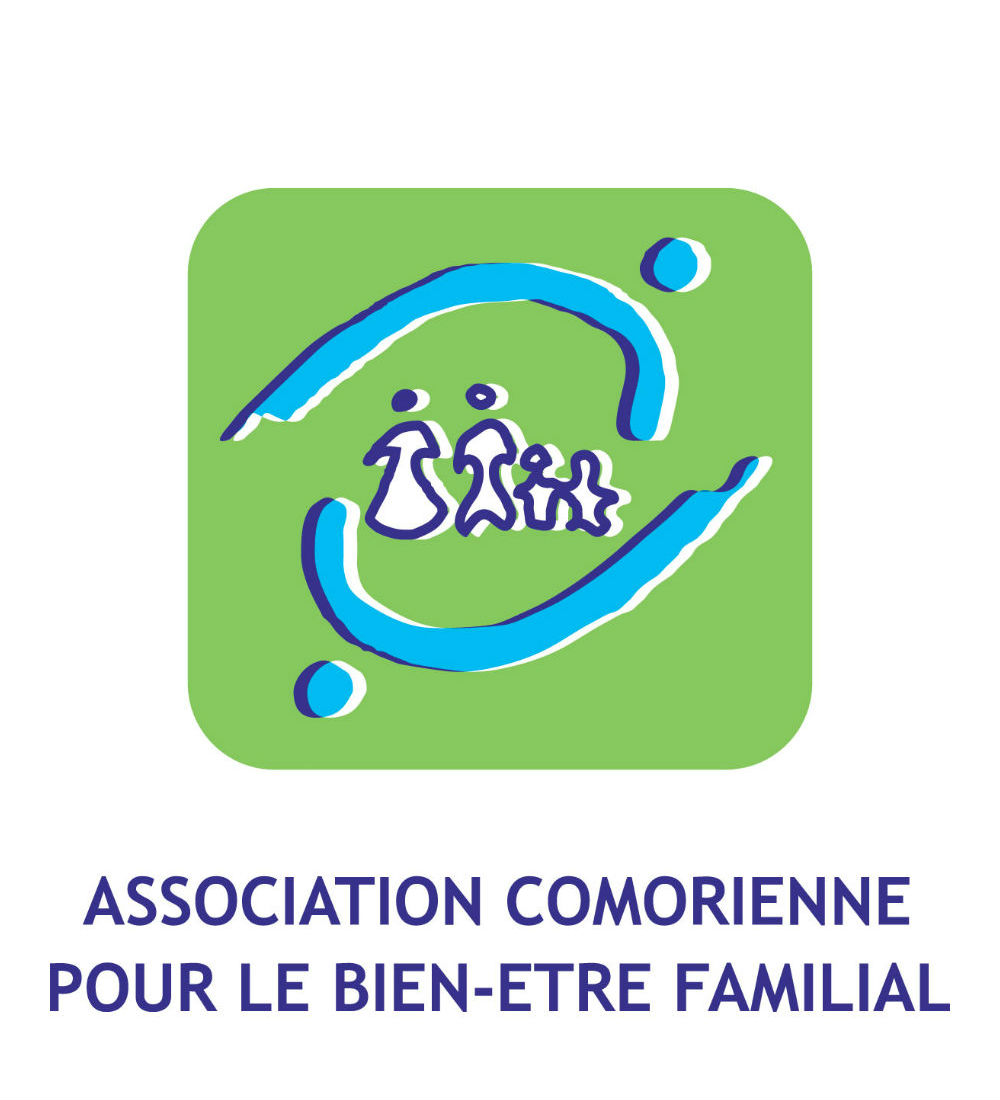

| 31 March 2016
Palestinian Family Planning and Protection Association (PFPPA)
Established in Jerusalem in 1964, the Palestinian Family Planning and Protection Association (PFPPA) is highly active organization both as an advocate for improved sexual and reproductive health and rights (SRHR) and in the delivery of sexual and reproductive health (SRH) services. These include family planning (FP) services (such as the provision of contraceptives of all sorts), counseling and guidance for women in psychological, legal and social matters, lab tests (for both men and women), maternal, antenatal and post-natal care, and infertility services, delivered through 8 service delivery points in the West Bank and Gaza Strip. In total, PFPPA delivered over 105,000 SRH services in 2010, benefiting 53,029 men and women. Empowerment of women, and spreading awareness of women’s economic and property rights, is a significant need in Palestine. PFPPA regularly conducts activities led by legal, medical and psychological experts to focus on issues such as polygamy, segregation in education, family planning in the context of Muslim family life, and pre-marital /post-material relations between the sexes. In addition, the PFPPA aims to strengthen SRH knowledge and life-skills of male and female adolescents, and to promote acknowledgement of their rights, by making sexuality education available to promote a sexual life free of violence and discrimination. Approaches include awareness sessions, radio and TV spots, open educational days, cultural and scientific workshops and seminars, the promotion of centers and services, meeting and dialogues with community religious and official leaders, free medical campaigns, home visits, workshops, seminars and youth initiatives inside and outside Palestine, and the provision of FP publications . PFPPA has contributed to many positive changes in attitudes and beliefs through advocating for legal modifications of specific articles/codes that contravene women’s rights. The PFPPA has highlighted a number of issues sensitive to the Palestinian conservative society including combating HIV/AIDS, unsafe abortion, and violence against women. PFPPA enjoys mutually respectful and complementary relationships with Ministries, civil society organizations, NGOs, donors, community and religious leaders in Palestine, which facilitates networking, communication and implementation of joint projects in support of PFPPA goals and objectives. Contacts Website: www.pfppa.org Facebook: https://www.facebook.com/PFPPA-277999585459 Twitter: https://twitter.com/PFPPA

| 31 March 2016
Association Comorienne pour le Bien-Etre de la Famille
Located off the eastern coast of Africa in the Indian Ocean, Comoros is an archipelago of 4 islands at the northern end of the Mozambique Channel between northeaster Mozambique and northwestern Madagascar. At a little over 1,800 square kilometres, it’s the third smallest nation in Africa, but has over 700,000 inhabitants. It is one of the most densely populated countries on the continent. A third of the population are women of reproductive age and the absence of essential health services presents major risks to their health and survival. High fertility levels allied to low contraceptive uptake, and widespread poverty combine to drive high risks related to sexual and reproductive health (SRH). In response, the Association Comorienne pour le Bien-Être Famille (ASCOBEF) is delivering a comprehensive range of sexual and reproductive health programmes and services. These include family planning, gynaecological counselling and services, antenatal care, information, education and communication (IEC) programmes and behaviour change communications (BCC) activities to promote health-seeking behaviour. It is also playing a major advocacy role in the fight against gender-based violence, and has provided extensive victim support. The majority of ASCOBEF's clients are poor, marginalized, socially excluded and/or under-served. ASCOBEF deliver services and programmes supported by volunteers, Youth Action Movement members and peer educators. ASCOBEF works in partnership with non-governmental organizations (NGOs) including Réseau Femmes et Développement. It receives financial support from UNFPA, the Global Fund, UNICEF and the World Health Organization. Contacts Website: www.ascobef.org Facebook: https://www.facebook.com/Association-Comorienne-Pour-Le-Bien-Etre-De-La-Familla-Ascobef-1514140762210292/







